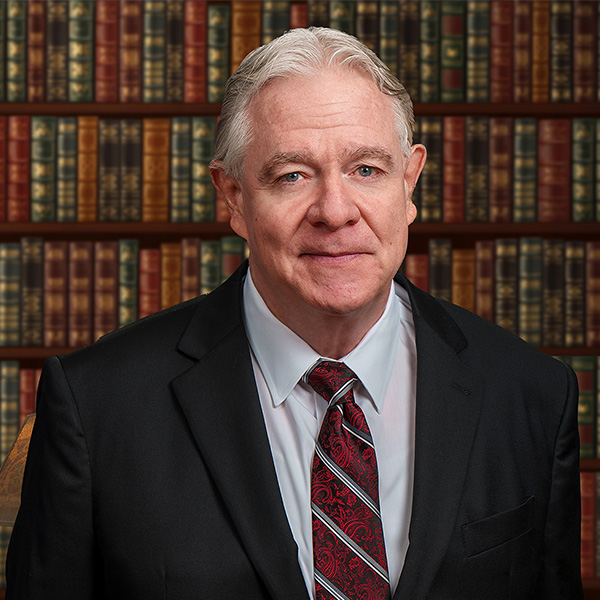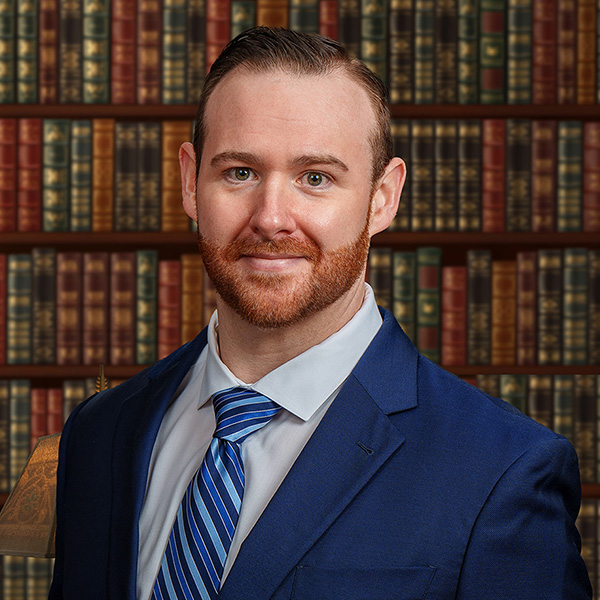Blunt force trauma to the head is a common occurrence, often underestimated in its potential severity. While many of us may have experienced a minor bump or knock to the head, the ramifications of more significant blunt force injuries can be profound. From concussions to traumatic brain injuries, understanding the causes, effects, and potential legal recourse for such injuries is crucial.
Causes of Blunt Force Trauma to the Head
Blunt force trauma occurs when the head meets another object, resulting in injury. Falls, vehicle accidents, and sports injuries are among the primary causes of such trauma.
Falls are alarmingly common, with the WHO estimating around 37 million falls requiring medical attention annually. Whether it’s a simple trip or a fall from a height, the impact on the head can vary from minor to severe.
Vehicle accidents present another significant risk for head injuries. The force exerted during a collision can lead to blunt force trauma, particularly for those not wearing appropriate head protection, such as motorcyclists.
Even seemingly innocuous recreational activities can result in head injuries. Sports like football, soccer, and hockey carry inherent risks, despite safety precautions. Any impact to the head during these activities can cause significant harm.
Effects of Head Injuries
The effects of head injuries can vary widely, from mild to severe, depending on the force and nature of the trauma. Mild head trauma may manifest as confusion, temporary memory loss, or headaches. These symptoms may be fleeting, but they still warrant medical attention.
Moderate head injuries can have longer-lasting effects, including persistent headaches and visual disturbances like blurred or double vision.
In severe cases, head trauma can lead to seizures, profound memory loss, and other debilitating symptoms. Research suggests that repeated mild concussions, as seen in some athletes, can have cumulative effects on the brain — exacerbating the severity of subsequent injuries.
Prompt medical attention is crucial for mitigating the long-term effects of head injuries. Swift intervention can help reduce swelling and bleeding in the brain, potentially preventing permanent damage.
“Highly Recommended” is the epitome of an understatement when it comes to the firm of McDonald At Law!! Michael McDonald’s genuine pleasant, and empathetic demeanor masks his legal astuteness, and the level of aggressiveness he implements in pursuit of a victim’s right and the monetary compensation legally entitled to us. I was involved in a motor vehicle accident at the hands of an intoxicated driver in York County. In my case I suffered what I described as an atypical injury, Mr. McDonald offered to be my Lawyer immediately after explaining to him the events leading to and after being struck in turn causing me to have a heart attack, when another law firm seemed hesitant. McDonald At Law secured a sizable monetary compensation that not only met my expectation but exceeded it. Mr. McDonald’s wealth of experience, and legal prowess is priceless and never did he act as the case was beneath his practice. In the end my family and I were well compensated, but also felt justified. Thank you McDonald At Law!!- Miguel Lopez
Legal Recourse for Head Injuries
If you or a loved one has suffered blunt force trauma to the head due to someone else’s negligence, you may be entitled to compensation. Medical bills, lost wages, and other expenses incurred as a result of the injury may be recoverable through legal action.
Seeking the counsel of experienced personal injury attorneys — such as those at McDonald At Law — can help you understand your rights and pursue appropriate compensation. With their experience in handling head injury cases, they can guide you through the legal process and advocate for your best interests.
Results and Effects of a Head Injury
Head injuries can be classified as mild, moderate, or severe, depending on the severity and duration of the effects. Mild head trauma may result in confusion, temporary memory loss, or headaches. There may be a momentary lapse of consciousness, and you may not remember exactly how your injury occurred.
Moderate head injuries can lead to headaches that persist long after the injury has occurred. Your vision may also be impacted, and you may experience blurred or double vision.
In severe cases of head trauma, you may experience seizures as well as the effects of a moderate head injury. There may also be more profound and long-lasting memory loss.
The severity and duration of these symptoms depend largely on the force involved in the injury. Another significant factor in determining severity is whether you have experienced head trauma in the past. Research on professional football players’ brains suggests that repeated mild concussions can have a cumulative effect on the brain.
You will usually have a better prognosis after a blunt force head injury if you can get medical attention quickly. Prompt medical care can reduce swelling or bleeding in the head, which in turn can reduce the likelihood of permanent, severe effects from the head injury.
Understanding the Long-Term Implications
While immediate symptoms of blunt force trauma to the head are evident, understanding the long-term implications is equally crucial. Research indicates that even seemingly minor head injuries can have lasting effects on cognitive function and overall brain health.
One significant concern is the risk of developing post-concussion syndrome (PCS). PCS can manifest as persistent headaches, dizziness, fatigue, and cognitive difficulties, among other symptoms. These lingering effects can significantly impact daily life and may require ongoing medical treatment and rehabilitation.
Furthermore, individuals who have experienced multiple head injuries, such as athletes or military personnel, may be at increased risk of developing chronic traumatic encephalopathy (CTE). CTE is a degenerative brain disease associated with repetitive head trauma and is characterized by memory loss, cognitive decline, mood disturbances, and behavioral changes.
Putting off an Attorney due to Cost Choosing a Personal Injury AttorneyRelated Videos
Addressing the Psychological Impact
It’s essential to recognize that the effects of blunt force head trauma extend beyond the physical realm. Many individuals who have suffered such injuries also experience psychological distress, including anxiety, depression, and post-traumatic stress disorder (PTSD).
The psychological impact of head injuries can be profound, affecting not only the individual but also their loved ones and caregivers. Coping with the emotional fallout of a traumatic brain injury requires support, understanding, and access to mental health resources.
In addition to addressing the physical and cognitive aspects of recovery, it’s crucial to prioritize emotional well-being. Counseling, therapy, and support groups can provide invaluable assistance to individuals and families navigating the challenges of life after a head injury.
Prevention and Risk Mitigation Strategies
While some head injuries are unavoidable, there are steps individuals can take to reduce their risk of experiencing blunt force trauma to the head. Wearing appropriate safety gear, such as helmets during sports activities or seat belts in vehicles, can significantly decrease the likelihood of injury.
Moreover, creating safer environments, both at home and in public spaces, can help prevent falls and other accidents. This may involve installing handrails, securing rugs and loose cords, and ensuring adequate lighting to minimize trip hazards.
Education and awareness also play a crucial role in injury prevention. By understanding the risks associated with certain activities and environments, individuals can make informed decisions to protect themselves and others from head injuries.
Supporting Recovery and Rehabilitation
Recovery from a head injury can be a lengthy and challenging process, requiring comprehensive rehabilitation and support services. Physical therapy, occupational therapy, and speech therapy may be necessary to address motor skills, cognitive function, and communication abilities.
Additionally, individuals may benefit from cognitive rehabilitation programs aimed at improving memory, attention, and problem-solving skills. These interventions can help maximize independence and quality of life following a head injury.
It’s essential for healthcare providers, caregivers, and support networks to work collaboratively to develop personalized treatment plans tailored to the individual’s needs and goals. By providing holistic care that addresses physical, cognitive, emotional, and social aspects of recovery, we can optimize outcomes for individuals affected by blunt force trauma to the head.
Verdicts & Settlements
Continued Research and Advocacy
As our understanding of head injuries evolves, so must our approach to prevention, treatment, and advocacy. Continued research into the mechanisms of injury, diagnostic techniques, and therapeutic interventions is essential for advancing the field of traumatic brain injury care.
Moreover, advocating for policies and regulations that promote safety and support for individuals with head injuries is paramount. This includes initiatives to improve access to healthcare services, enhance workplace safety standards, and raise awareness about the importance of injury prevention.
By working together as a community of healthcare professionals, researchers, policymakers, and advocates, we can strive to reduce the incidence and impact of blunt force trauma to the head. Through collaboration, innovation, and compassion, we can create a safer and more supportive environment for all individuals affected by head injuries.
Getting You the Compensation You Deserve
If you or a loved one has suffered blunt force trauma to the head due to negligence or recklessness, you deserve justice and compensation for your losses. Our team at McDonald At Law understands the complexities of head injury cases and is committed to advocating for your rights.
Don’t navigate the legal process alone. Contact us today for a free consultation to discuss your case and learn how we can help you pursue the compensation you deserve. Your well-being is our priority, and we’re here to fight for the justice and financial support you need to move forward with confidence.
Take the first step towards recovery and justice. Contact McDonald At Law today to schedule your free consultation.



